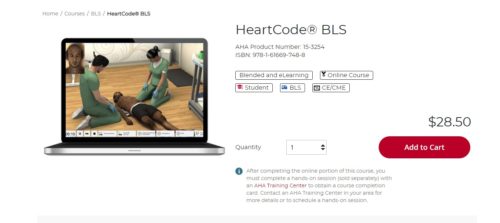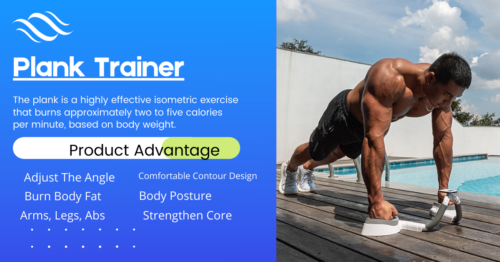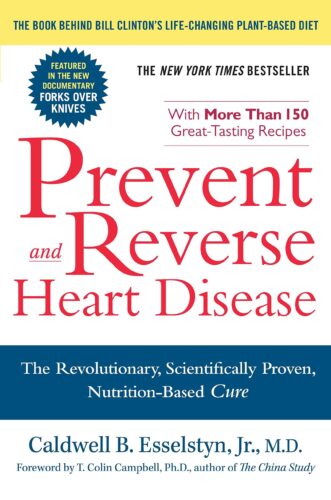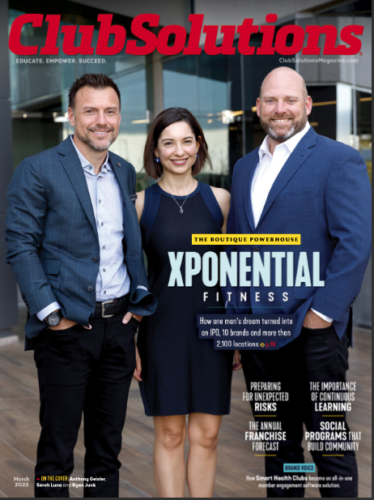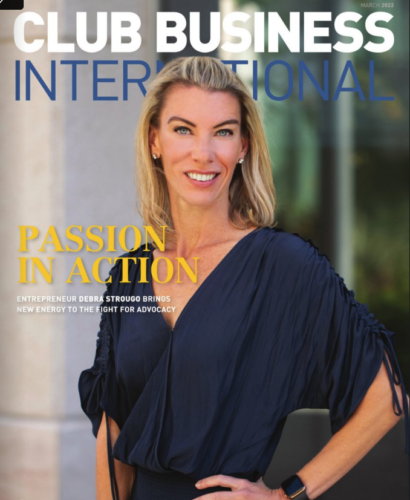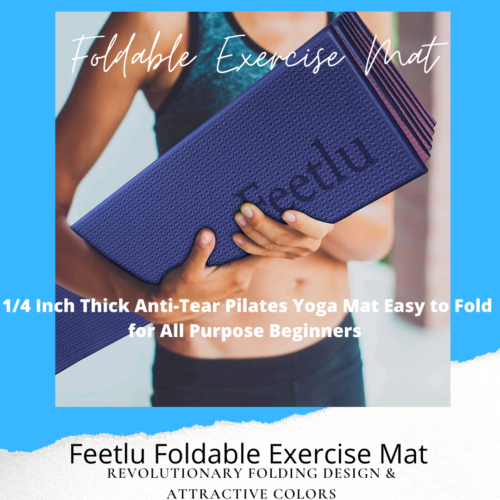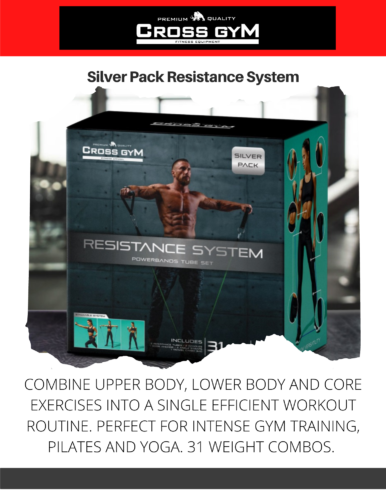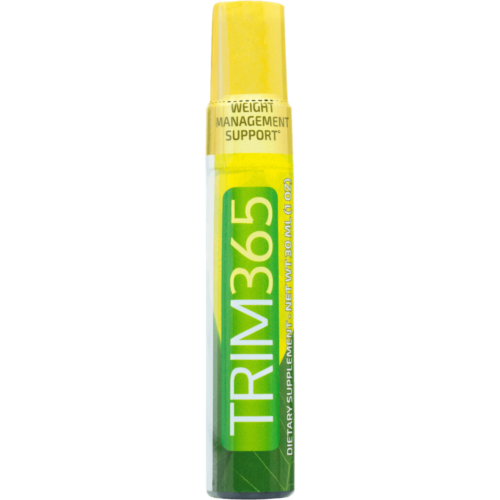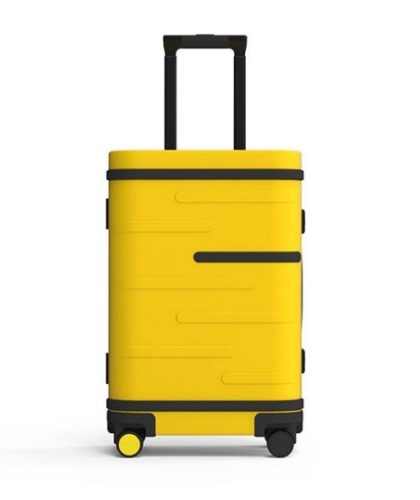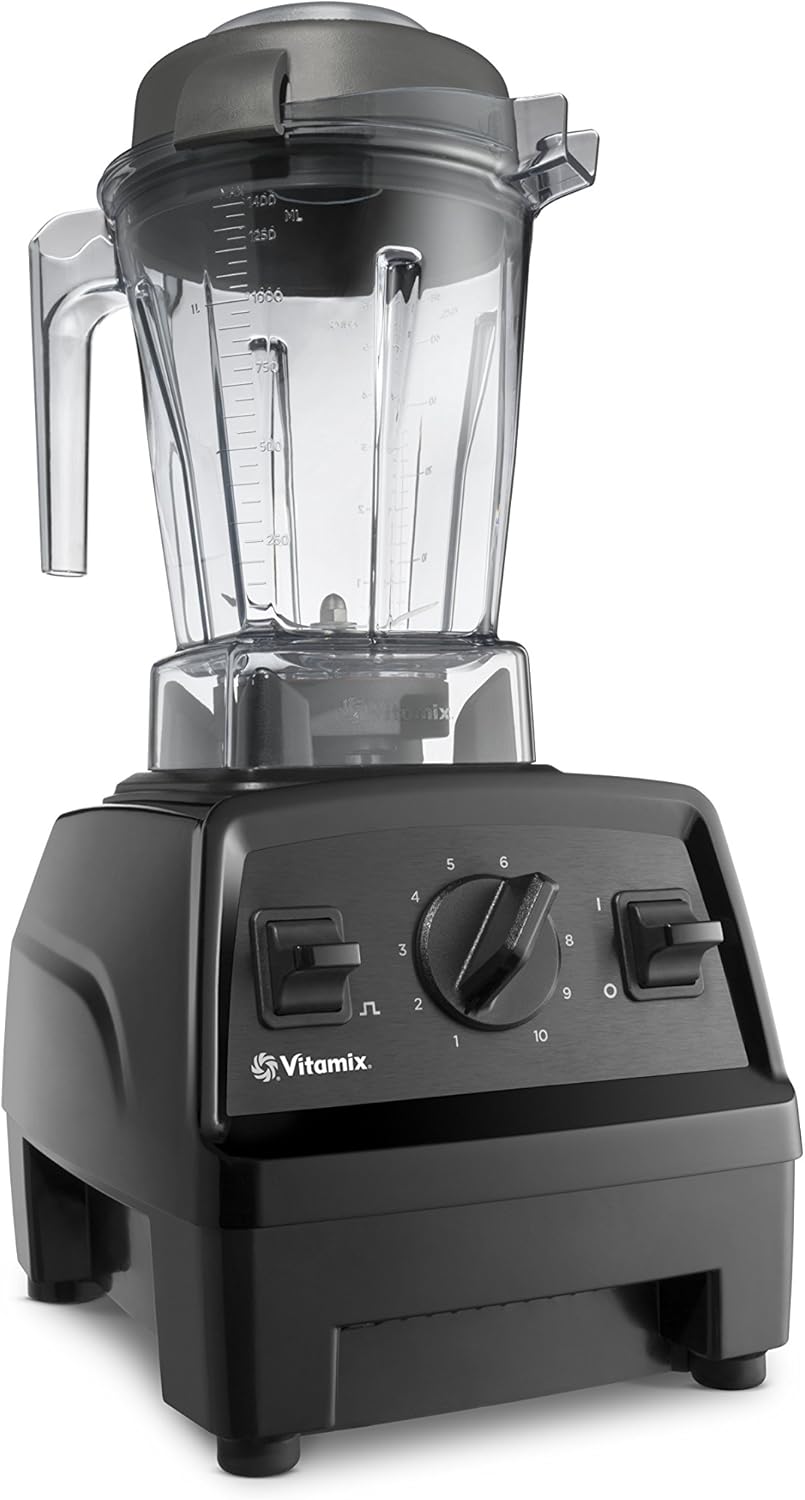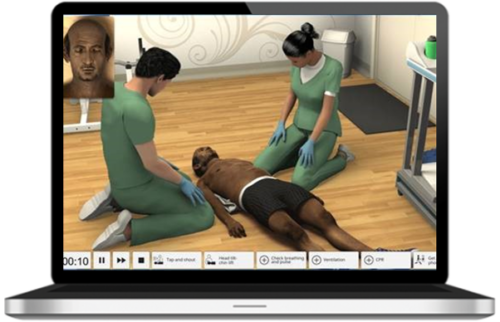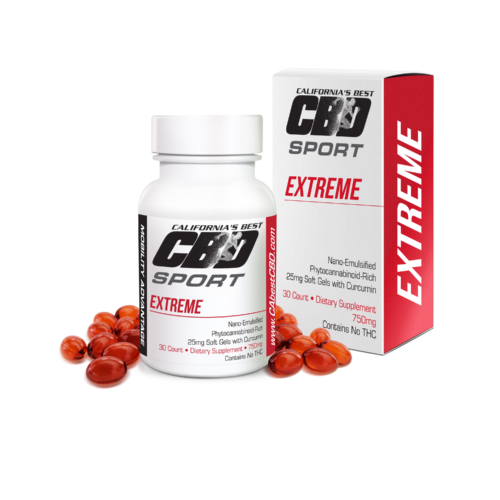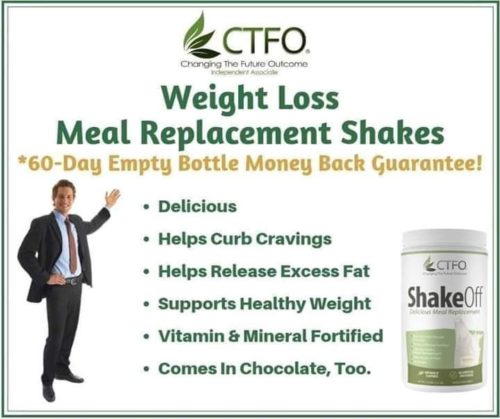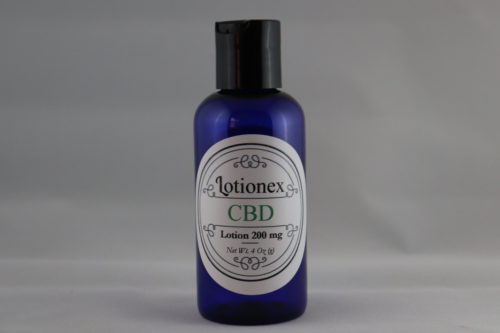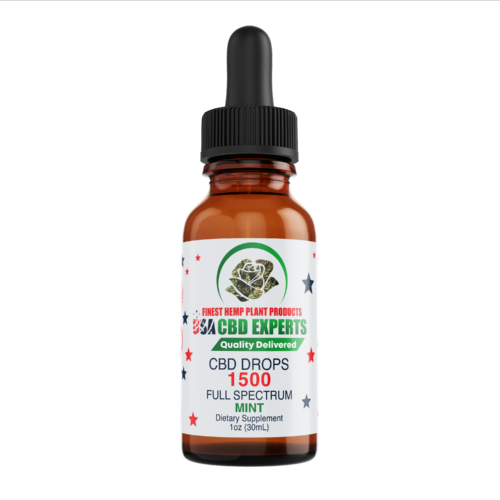
Court Upholds Liability Release in Suit Over Health Club Injury…judgment in favor of health club
-
A broadly worded release of liability barred a health club patron’s suit for negligence arising from an injury sustained while working on a piece of exercise equipment, the Court of Appeal for this district has ruled.
-
Div. Three yesterday ordered publication of a Jan. 29 opinion by Los Angeles Superior Court Judge Luis Lavin, sitting by assignment. The ruling affirmed Los Angeles Superior Court Judge Samantha Jessner’s grant of summary judgment in favor of 24 Hour Fitness USA Inc.
-
The plaintiff, Timothy Grebing, was injured while exercising at a 24 Hour Fitness facility in La Mirada. He was injured in May 2012 while using a “low row” machine, where the user sits with legs extended on pads and lifts weights by pulling a metal handlebar with both hands.
-
Grebing, an experienced user of the machine, was injured when the clip, which connects the handlebar to the cable attached to the weights, failed, causing the handlebar to break free from the cable and strike him in the forehead, injuring his head, back, and neck.
-
The club manager subsequently acknowledged that the machine had the wrong type of clip, and that a heavier-duty clip should have been put in place.
-
In defense of Grebing’s claims for negligence and products liability, 24 Hour cited two written agreements between the club and the plaintiff, stating that the company “will not be liable for any injury” of any kind, “whether related to exercise or not.”
-
Grebing argued on appeal that he had raised triable issues as to whether the release extended to the defendant’s own negligence; whether 24 Hour was grossly negligent, in which case the release would not constitute a defense; and whether the company was liable for products liability, as to which the release would be unenforceable.
Lavin rejected all three arguments.
The “clear and explicit” wording of the agreement, the jurist said, made clear the parties intent to release 24 Hour from all liability, including for its own negligence, related to the use of the club and its equipment. He distinguished a 2007 case holding that a clause referring to “the negligence or other acts of anyone else using” the health club did not release the club from liability for its own negligence.
As for gross negligence, Lavin said, the undisputed evidence—including plaintiff’s own admission—was that the club and its equipment were regularly inspected and well maintained.
The jurist also rejected the products liability claim, writing:
“Because the undisputed evidence showed that 24 Hour made the low row machine and other exercise equipment available for use by its members and provided a variety of other fitness services, the dominant purpose of 24 Hour’s membership agreement with Grebing was providing fitness services rather than supplying a product. As such, it cannot be liable based on a claim for products liability.”
Attorneys on appeal were Charles R. Grebing, Andrew A. Servais, and Dwayne H. Stein of Wingert Grebing Brubaker & Juskie for the plaintiff and Jack C. Nick and Robert R. Willis of Prindle, Amaro, Goetz, Hillyard, Barnes & Reinholtz for the defendant.

